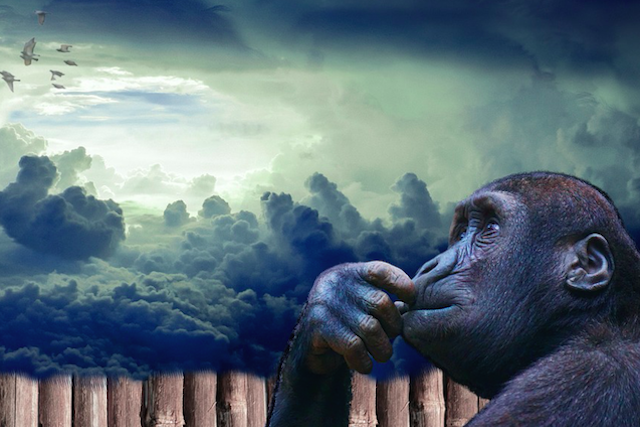Source http://feedproxy.google.com/~r/tinybuddha/~3/ccMvkCaOMXY/

“Explanation separates us from astonishment, which is the only gateway to the incomprehensible.” ~Eugene Ionesco
We are taught from a very young age that it is our responsibility to reflect on the motives behind our actions and behaviors. From the time we can form sentences, we are asked the questions: “Why did you make that choice?” and “What made you do that?”
These questions often follow bad behavior and punishment. Our parents were trying to teach us, with the best of intentions, that we are responsible for our own actions.
This is a necessary lesson for young children, who are discovering their autonomy and the consequences of their behavior in a social world.
To a certain point, we should be held responsible for our actions, by others and ourselves. A conscientious person practices self-reflection and recognizes the origin and causes of thoughts and feelings when possible.
But for some of us, myself included, it feels like every thought and behavior needs to be analyzed.
Self-reflection, rumination, and justification fill my day and keep me up late at night. In order to maintain a sense of self-control and discipline, I dissect every emotion I feel and every action I take, all the while building a psycholog…
Source http://feedproxy.google.com/~r/tinybuddha/~3/ccMvkCaOMXY/

“Explanation separates us from astonishment, which is the only gateway to the incomprehensible.” ~Eugene Ionesco
We are taught from a very young age that it is our responsibility to reflect on the motives behind our actions and behaviors. From the time we can form sentences, we are asked the questions: “Why did you make that choice?” and “What made you do that?”
These questions often follow bad behavior and punishment. Our parents were trying to teach us, with the best of intentions, that we are responsible for our own actions.
This is a necessary lesson for young children, who are discovering their autonomy and the consequences of their behavior in a social world.
To a certain point, we should be held responsible for our actions, by others and ourselves. A conscientious person practices self-reflection and recognizes the origin and causes of thoughts and feelings when possible.
But for some of us, myself included, it feels like every thought and behavior needs to be analyzed.
Self-reflection, rumination, and justification fill my day and keep me up late at night. In order to maintain a sense of self-control and discipline, I dissect every emotion I feel and every action I take, all the while building a psycholog…
What Do You Think?
comments
